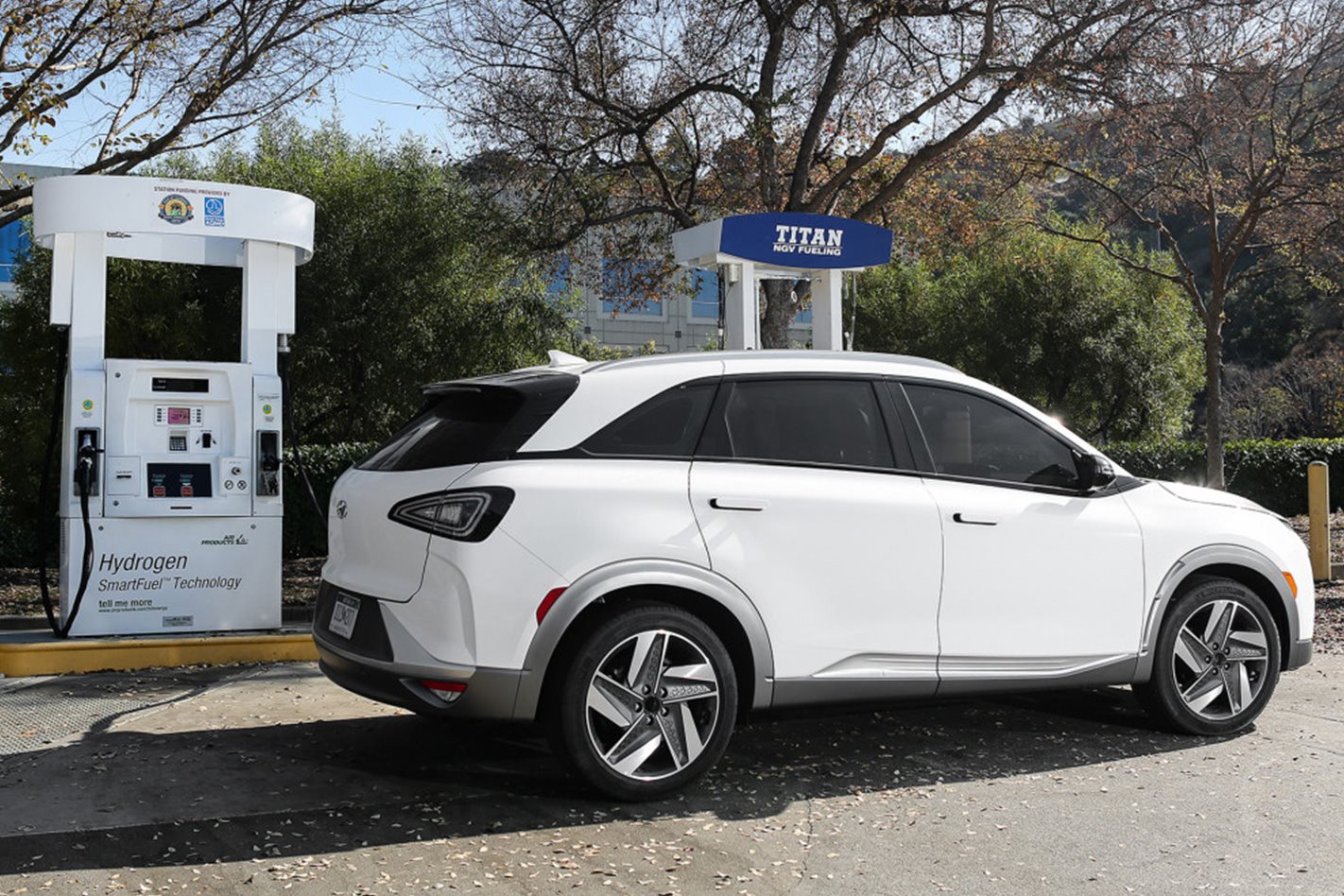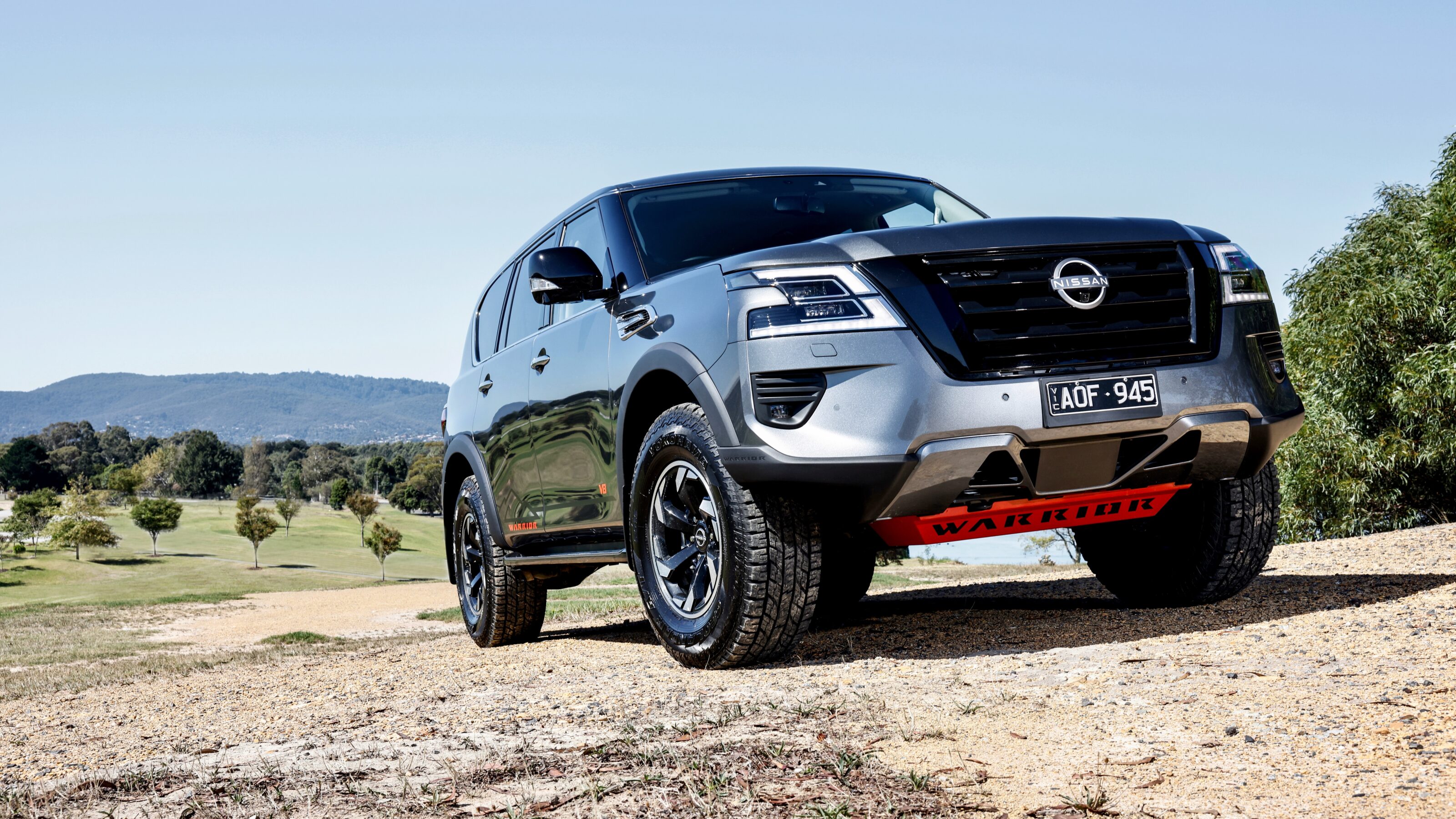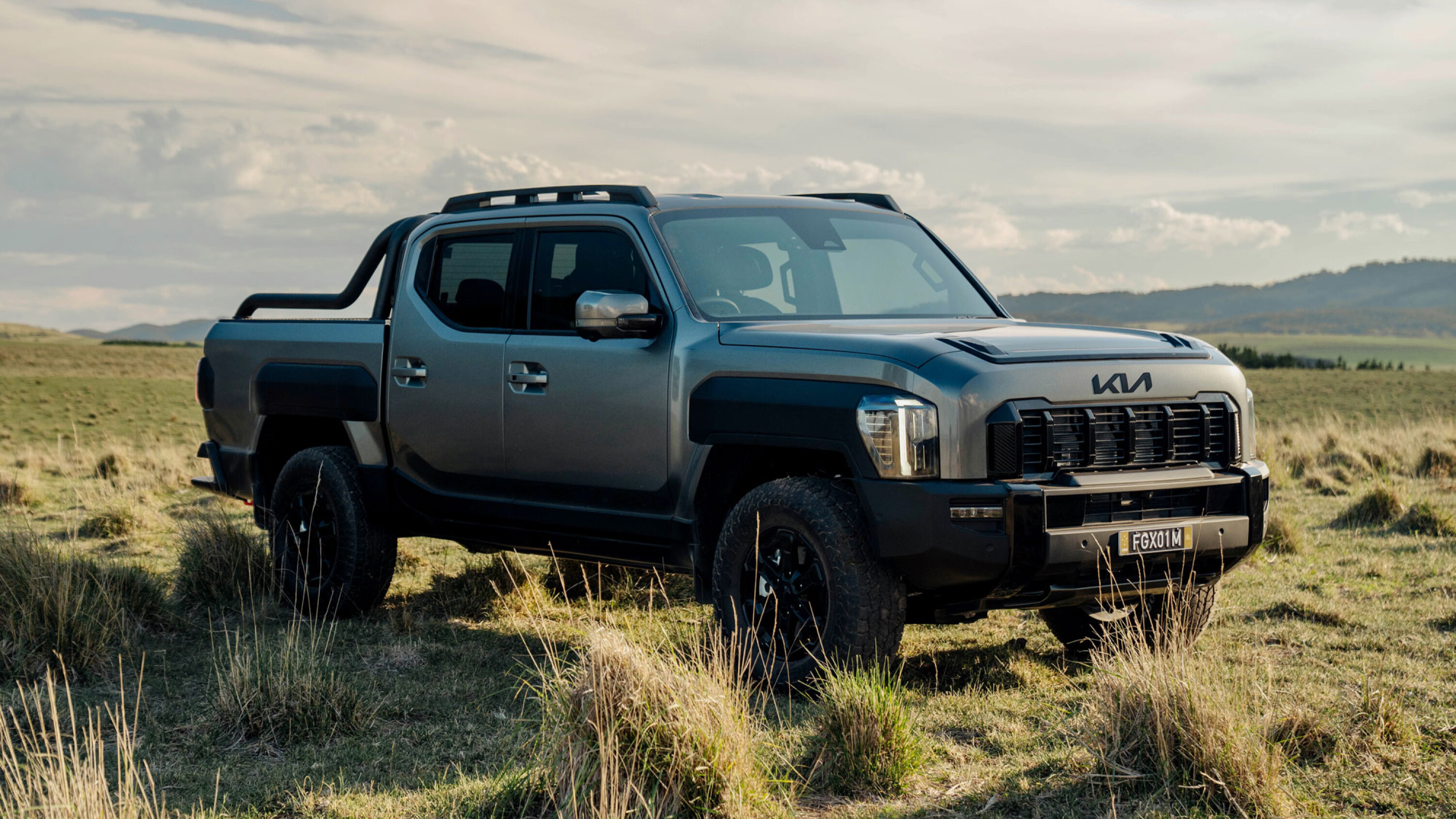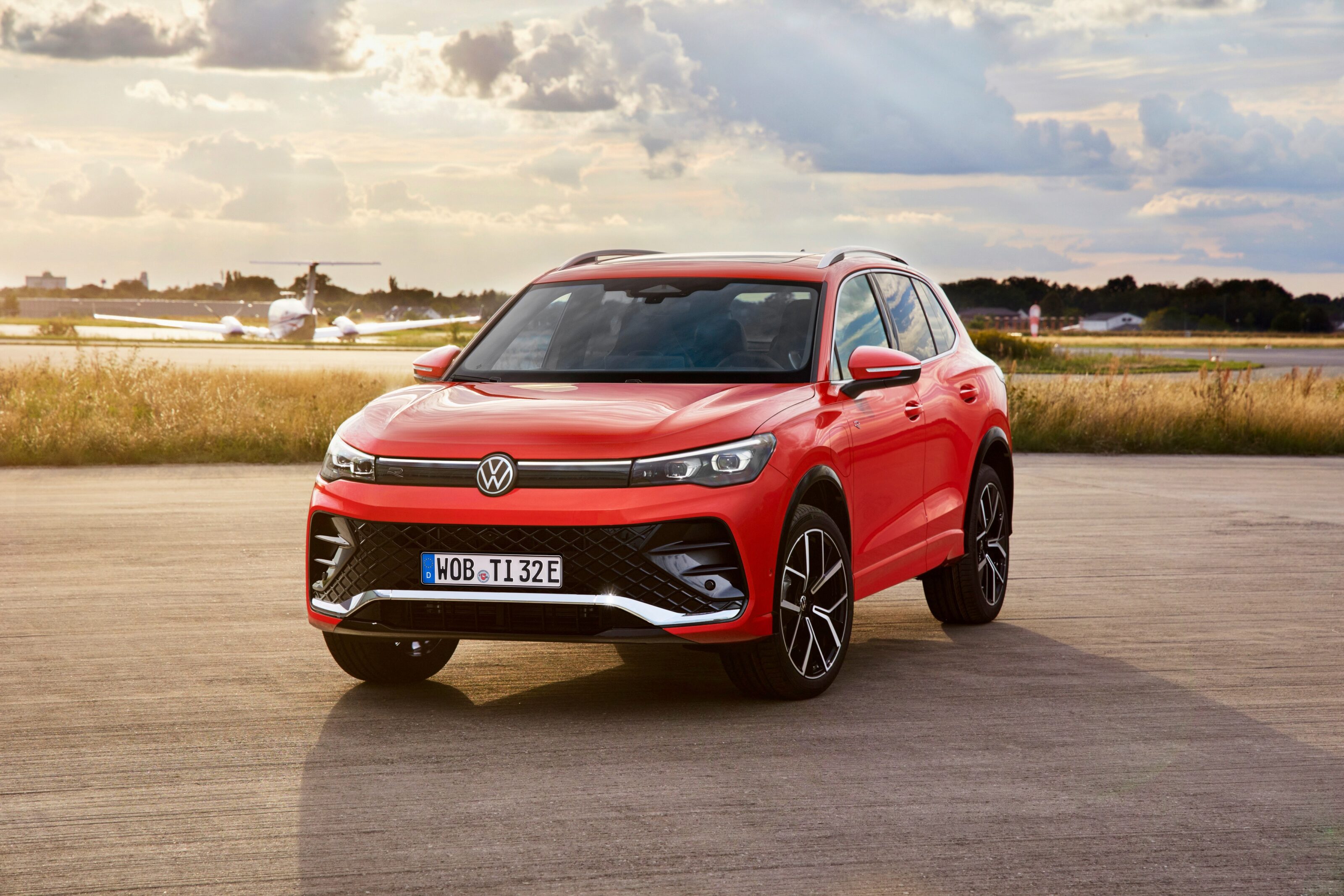THE future of hydrogen-powered cars has been given a boost, with news automotive giants Hyundai/Kia and the VW Group will form a technical partnership to develop the technology.
The Korean and German conglomerates stated Hyundai and Audi would be involved in the partnership, which will include cross-licensing of patents and access to parts deemed ‘non-competitive’. There’s even a chance the partnership could be extended even further in the future, opening the door for potential co-development and manufacturing of fuel cell vehicles.
“For the breakthrough of sustainable technology, co-operation is the smart way to achieve attractive cost structures,” Peter Mertens, Audi member of the board for technical development said.
Along with announcing the partnership, Audi confirmed it would bring its first hydrogen powered vehicle to market “at the beginning of the next decade”.
Hyundai stated the partnership would lower prohibitive costs surrounding development of hydrogen technology.
“The more capability we have the more scale we will get and the more authorities will be willing to invest in and encourage the technology,” Hyundai and Kia’s head of FCEV research, Dr Sae-Hoon Kim, said.
“The progress we have made in terms of making hydrogen fuel cell cars that are durable enough to be sold is incredible – just a few years ago I did not think it would happen in my lifetime, but already we are there. Now we must focus on cost and scale, and partnerships like this have the potential to address both of those things.”
While Audi has only produced concept cars with a hydrogen fuel cell (the A2H2 in 2005, the Q5 HFC in 2008 and the Audi A7 Sportback h-tron quattro in 2014), Hyundai first launched the ix5 Fuel Cell in 2013, which was followed by the Nexo SUV this year. The Nexo will go on sale in Australia from 2019.
Despite not having a production hydrogen car, Audi claims it is currently working on its sixth-generation fuel cell technology.
Currently there are only two hydrogen refuelling stations in Australia.






